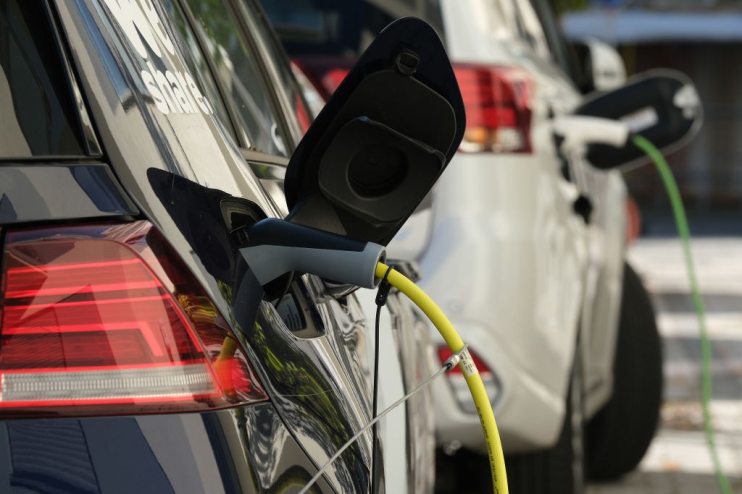Automotive industry calls for new regulator to govern EV charge point mandate

The UK automotive industry is lobbying for an independent regulator called Ofcharge to govern the mandate of electric vehicle (EV) charge points.
The sector released today a seven-point plan to ensure UK drivers benefit from an affordable and available EV charging network, working alongside the government and other stakeholders to establish mandated targets for infrastructure roll out.
According to the Society of Motor Manufacturers and Traders (SMMT), since 2011 local authorities and EV charging developers have registered a 3,000 per cent soar in the roll out of public chargers.
But as demand continues to grow, public supply of charging points has struggled to keep up. While EV numbers have boomed 280.3 per cent between 2019 and 2021, ultra rapid charger stock grew only 82.3 per cent.
“The automotive industry is up for the challenge of a zero emission new car and van market by 2035,” SMMT’s chief executive Mike Hawes said. “Delivering this ambition – an ambition that would put the UK ahead of every major market in the world – needs more than automotive investment.
“With clear, equivalent targets and support for operators and local authorities that match consumer needs, government can ensure the UK has a charge point network that makes electric mobility a reality for all, cutting emissions, driving growth and supporting consumers across the UK.”
The new body, Ofcharge, will be tasked with monitoring the market – including charging price levels and affordability – and enforcing regulated minimum standards. The regulator will also incentivise the delivery of charging infrastructure, making sure electricity networks are fit for a zero emission future.
SMMT data has announced recently that battery electric, plug-in hybrid and hybrid cars accounted for 71.5 per cent of the 115,087 registrations reported in January, City A.M. reported.
Both plug-ins and battery electric took this month a 20.4 per cent piece of the market, with registrations going up to 9,047 and 14,433 respectively.
“Once again it is electrified vehicles that are driving the growth, despite the ongoing headwinds of chip shortages, rising inflation and the cost-of-living squeeze,” said Hawes at the time.